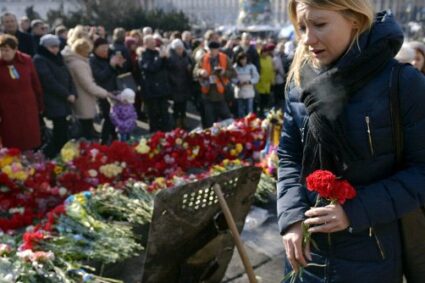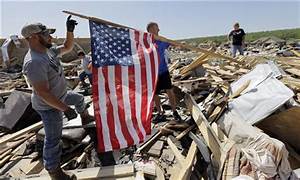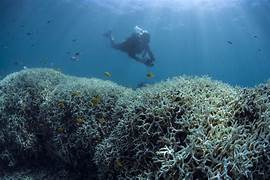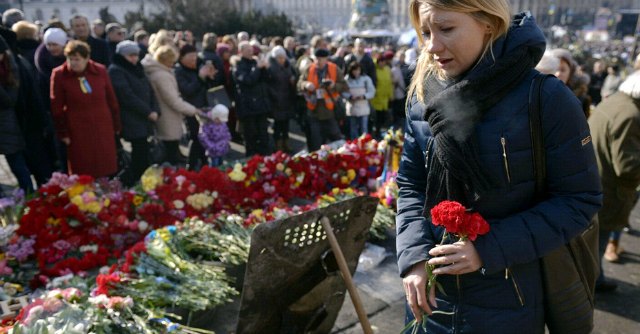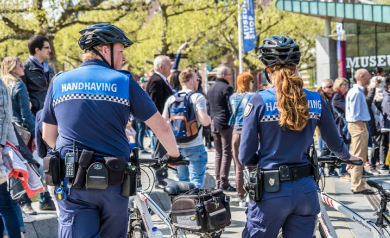The emergency plan arrives: here is the survival kit in case of conflict.
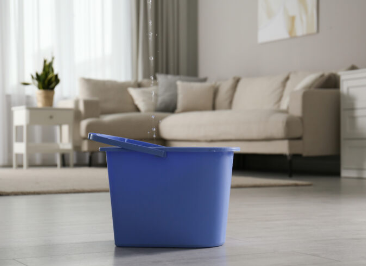
The European Commission and High Representative Kaja Kallas have launched an ‘EU Preparedness Strategy’ to support Member States and improve Europe’s ability to prevent and respond to emerging threats, including geopolitical tensions and conflicts, hybrid threats and cybersecurity, foreign information manipulation and interference, climate change, and natural disasters.
The strategy encourages the population to make “essential supplies for a minimum of 72 hours in case of emergency” and suggests the creation of an EU crisis hub to “improve integration between the current EU crisis structures.”
Medicines, batteries, and food to withstand 72 hours: this is how the EU prepares for a possible conflict
25/03/2025
European Commissioner for Crisis Management: “Crisis plan not to create panic but serenity”
“I believe that being aware of dangers and preparing to face them is the exact opposite of creating panic. On the contrary, it means avoiding panic movements and irrational reactions, like those we saw during the pandemic. Do you remember people rushing to stores to buy toilet paper? Would that have protected them from a pandemic? No. Being prepared, knowing what could happen, and being ready to face any situation should become a new way of living with serenity. It means knowing life-saving actions, knowing who to call, what the chain of command is, and what we can do on an individual level.”
These were the words of European Commissioner for Crisis Management, Hadja Lahbib, during the press conference presenting the EU’s preparedness strategy.
“We want to communicate and collaborate with governments, capitals, and all Member States to implement the preparedness concept we are talking about. Ultimately, it is about people’s peace of mind and the fact that we want them to have this serenity, just like when one buys insurance—for example, accident insurance—that covers expenses in case of a potential risk that, of course, may never occur. It means nothing more than wanting to be prepared and minimizing the damage, costs, and suffering that one might face,” added Commission Vice President for Preparedness, Roxana Minzatu

